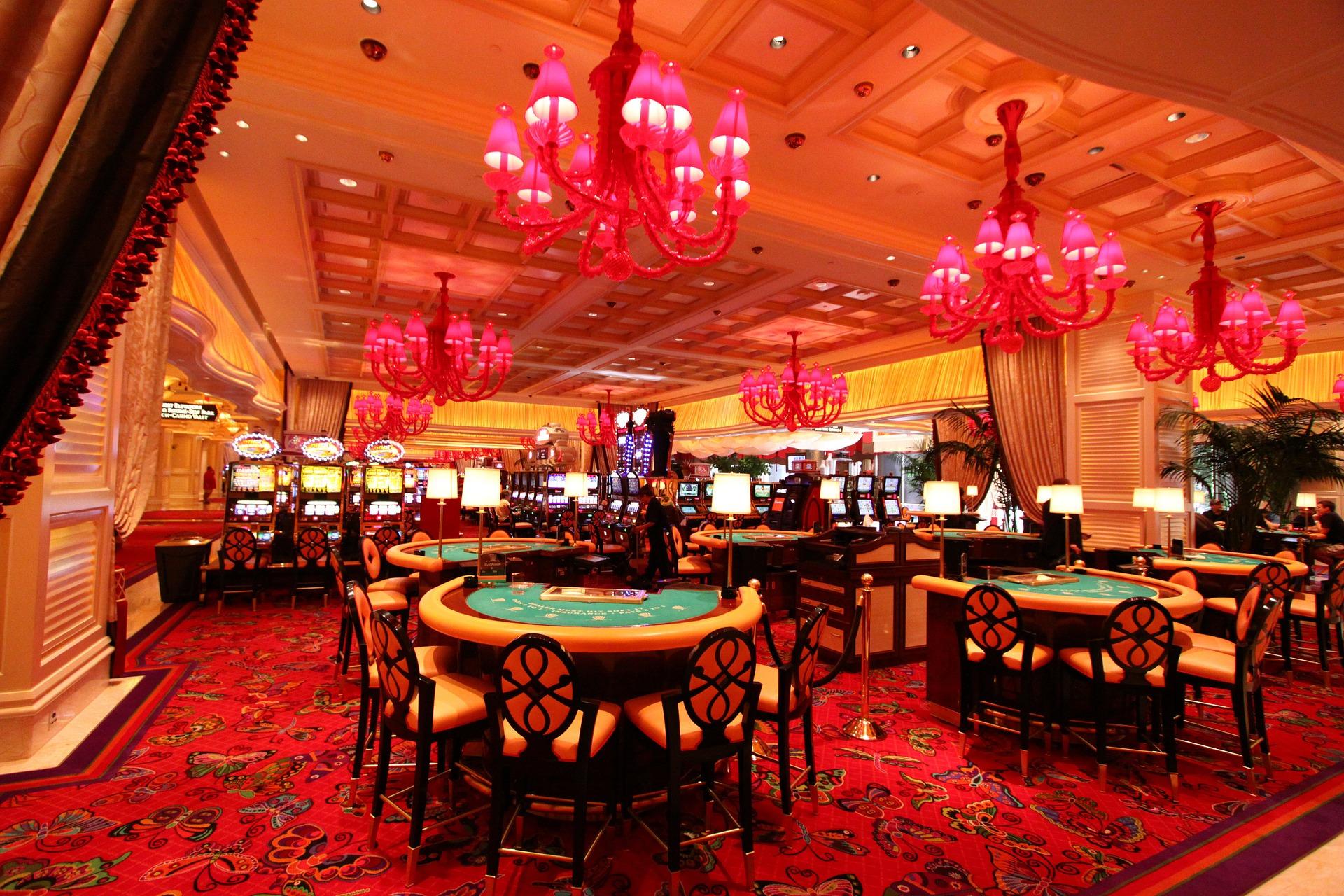Examining the Ethics of Gaming Casinos

Gambling in casinos has long been a topic of interest and debate, attracting millions of players globally. With a blend of luck, skill, and the thrill of risk, casino games offer an exciting escape from everyday life. However, as entertainment becomes ever more accessible, it invites a more thorough examination of the ethical implications surrounding these games.
At the heart of the discussion lies the issue of whether casinos promote responsible gaming or exploit vulnerable individuals. non UK casinos The appeal of potential winnings versus the truth of losses can create a challenging dynamic, and understanding this balance is essential for both players and operators. As we delve into the morals of casino gaming, we will explore the duties of casinos, the impact on society, and the steps that can be taken to foster a healthier gaming environment.
The Impact of Casino Gaming on Society
Gambling in casinos has a notable influence on the community, affecting not only the financial landscape but also social behaviors and local frameworks. The revenue generated from casinos can lead to employment opportunities and boost local economies, as they provide numerous employment opportunities in multiple fields including food and beverage, leisure activities, and shopping. However, while the economic advantages can be substantial, communities often struggle with the possible negative impacts that arise from higher gambling activity.
Moreover, the presence of casinos can lead to an increase in gambling addiction, presenting significant challenges for individuals and families. The excitement of casino games can quickly evolve into a compulsive habit, affecting connections with others and leading to financial instability. Many players may find it difficult with the loss of control over their gambling habits, resulting in a need for community support services and interventions to address this growing issue. The social cost of gambling addiction can extend through families and neighborhoods, creating an urgent need for responsible gaming initiatives.
In addition to the economic and social ramifications, casino gaming often showcases cultural attitudes towards risk and leisure. It can foster a sense of joy and leisure, attracting tourists and boosting tourism. However, this allure may also mask the wider implications of gambling as a method of entertainment, provoking ethical questions about its promotion and availability. As communities weigh the benefits and disadvantages of casino gaming, the need for sensible approaches and regulation becomes increasingly critical in ensuring that the beneficial elements are enhanced while reducing the negative effects.
Moral Concerns in Betting Activities
The morality of casino operations often revolve around the risk for addiction and its effects on people and families. Gambling can lead to significant monetary distress, impacting not only the betters but also their loved ones. As individuals become caught in the appeal of winning, many lose sight of their budget, which can result in devastating outcomes such as bankruptcy. This poses moral questions about the responsibility of gambling establishments in fostering responsible gaming practices and offering support for those who may be struggling with gambling addiction.
Another major concern is the advertising of gambling to at-risk groups. Gambling establishments often target low-income individuals or communities with the promise of fast gains, which can continue cycles of poverty and hopelessness. In this context, the ethics of marketing strategies used by casinos come under scrutiny, as they may exploit the desperation of individuals seeking an way out from economic troubles. This exploitation raises moral questions about the honesty of the gambling industry and its obligation to safeguard its most at-risk customers.
Additionally, the effect of gambling gaming on the community as a entirety cannot be ignored. While some argue that gambling establishments create employment and stimulate local economies, others point to the social costs associated with dysfunctional gambling, increased crime rates, and a burden on public resources. Balancing economic benefits with the risk for community issues presents a complex moral dilemma for lawmakers and casino operators alike. The difficulty lies in finding a ethical approach that prioritizes the well-being of individuals and society while still permitting for the pleasure of casino activities.
Regulatory System and Obligations
The legal system pertaining to gambling operations is developed to ensure equity, integrity, and gambler security. Different government agencies and casino commissions create and implement regulations that dictate how gambling operations work, the guidelines for activity design, and the procedures for processing prizes. These regulations differ by region but usually involve licensing requirements for providers and strict measures to avoid cheating and scams.
In addition to regulatory bodies, gaming businesses bear major responsibility in upholding moral standards within their facilities. They must adopt safe gambling practices that encourage participant protection and awareness, including presenting self-limitation options and sharing information about the hazards connected to gambling. Establishments are also responsible for educating employees to spot signs of compulsive betting and know the appropriate steps to assist visitors in trouble.
Moreover, openness in gambling operations is crucial for building and preserving public confidence. Gaming establishments should offer clear data about the odds of activities, promotional offers, and any associated risks. By creating an environment of transparency and accountability, operators can help lessen the potential harmful impact of gambling while enhancing the overall gaming experience for all participants.
